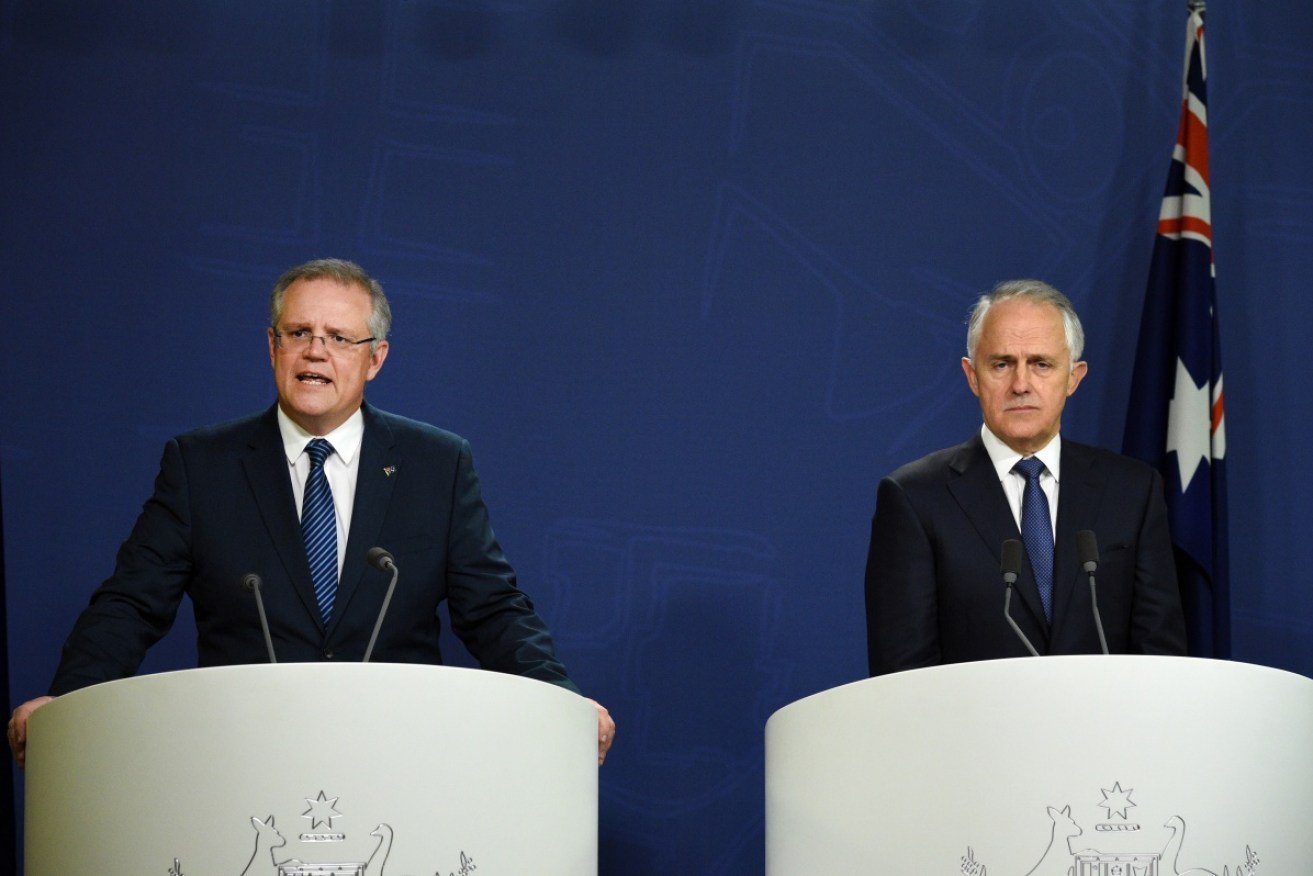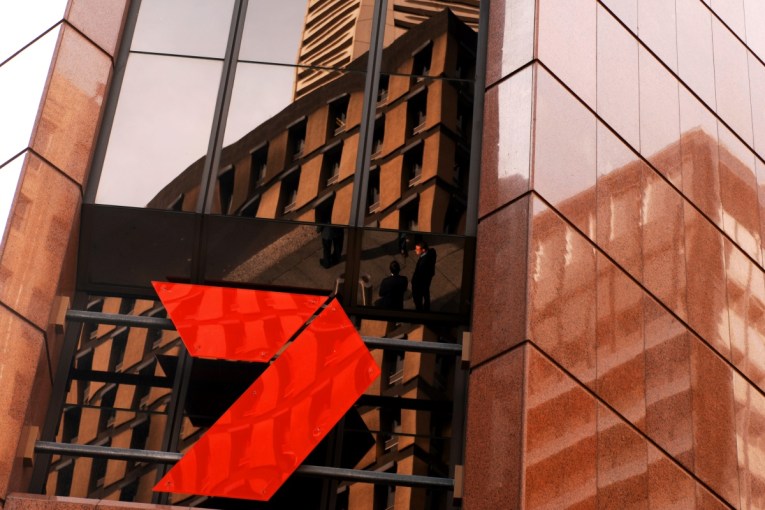Malcolm Turnbull’s new bank regulation is just ‘window dressing’


The big banks will need to front the House of Representatives standing committee on economics to explain their interest rate levels. Photo: AAP
If you listen to the opposition and some academics, forcing Australia’s major banks to justify their interest rate policies to parliament each year is little more than a window dressing move that won’t dampen the greed of the Big Four.
Malcolm Turnbull announced on Thursday that from now on the big banks will need to front the House of Representatives standing committee on economics to explain their interest rate levels.
The Prime Minister described his decision as driving “some cultural change” and said the major banks would have to appear before the committee at least once a year, thereby creating a “regular and permanent method of accountability and transparency” for them.
“This is an important step, a permanent step,” Mr Turnbull said.
“A permanent change in the regular financial calendar that will require the banks to become accountable.”

Malcolm Turnbull says the new rules offer accountability and transparency. Photo: AAP
Making the announcement with the Prime Minister, Treasurer Scott Morrison said the banks – ANZ, NAB, Westpac and Commonwealth – were consulted on the move and agreed to it.
The Treasurer said the powerful committee could call “whoever they believe appropriate” to appear before it.
The government action follows the banks’ failure this week to pass on the full 0.25 percentage point cut to the official interest rate, set by the Reserve Bank.
The Prime Minister’s criticism of the big banks’ recalcitrance was pilloried in some quarters as a hollow lecture.

Bill Shorten described the PM’s stance as “weak”. Photo: AAP
But following his bolder move on Thursday, the opposition went further and described Mr Turnbull as weak.
Opposition Leader Bill Shorten, who campaigned throughout the election promising a royal commission into the banking sector, said Mr Turnbull was only doing what bank bosses would allow him to do.
And all the government was doing with its latest move was to facilitate an annual reunion for them over lunch at Parliament House.
“Even when they know that the public are demanding a royal commission, even when they know that the banks have a lot of questions to answer, even though they know having a royal commission is the right thing to do, Mr Turnbull and his team are doing everything they can to protect the banks,” Mr Shorten said.
This is a cop out. Malcolm Turnbull is a weak prime minister who is in the pockets of the big banks
Opposition Leader Bill Shorten
“There is nothing Mr Turnbull won’t do to protect the big banks from a royal commission.
“After giving them a $7 billion tax cut, he’s now inviting them to lunch in Canberra once a year so he can wag his finger at them.
“This is a friendly catch-up, not an investigation.”
By not passing on the Reserve Bank’s rate cut, the Big Four reap an extra $1 billion for their shareholders, while their borrowers miss out on the savings.
The banks made various, separate statements, following the Prime Minister’s announcement on Thursday, indicating their willingness to answer questions before the parliamentary committee.
But a statement issued by the Australian Bankers’ Association pointed out that other businesses were not required to justify their commercial practices.

The banks indicated their willingness to answer questions before the parliamentary committee. Photo: AAP
The Australia Institute’s chief economist Richard Denniss suggested the PM’s call was made under pressure and not much more than window dressing.
“We have the most profitable banks in the western world, there are all sorts of scandals associated with them, and the Prime Minister is under pressure to hold a royal commission into it all,” Dr Denniss said.
“His solution? Let’s have a chat. Well good luck to him.
“At the end of the day, I’d rather they be asked to explain themselves than not, but this is not a substitute for a royal commission and it’s not a substitute for Joe Hockey’s nine-point plan he had in opposition to rein in bank profits,
“It’s funny how he went quiet on that plan once the Coalition was in government.
“So yes, it’s a nice idea to have the banks front up to explain themselves, but don’t confuse that with the idea of fixing anything.”
Chris Johnson is a Walkley Award-winning journalist who has spent the past decade working in the Canberra Press Gallery, most recently as the bureau chief for Fairfax Media. He is now a Political Correspondent for The New Daily.








